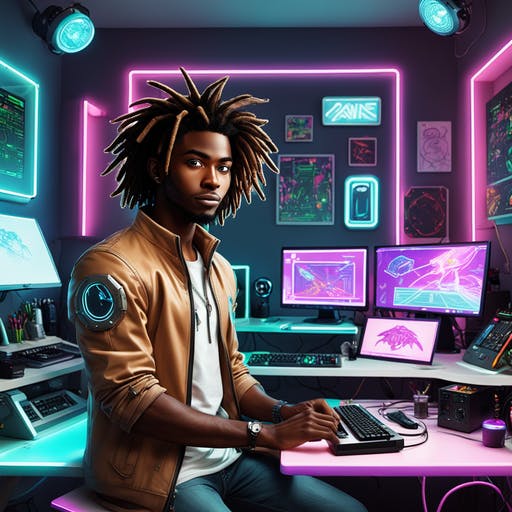Apparently, ETH Chicago posts perform at least 33% less than any other post, even a date on the calendar. So that may be the last time I ever lead an article with "ETH." Unless it's like "ETH destroyed my life!" or "ETH went to $800 and you won't believe what happened next!" or "ETH hit $10k; this is my last post!"
No, I'm joking. I won't leave you. Also, I don't have any so it wouldn't make a difference.
This is why you should go to live hackathons:
You're going to meet awesome people in your industry
You'll interact with giga-brains and they'll treat you like a peer (which is humbling, but nice)
You'll learn something new
It could change the trajectory of your life
So let's talk about hackathons a little bit.
I like to approach a hackathon with an open mind. I may arrive with an idea, but I won't be married to it.
I approach the hackathon like an improv skit.
In improv, shorthand for improvisational acting, your goal is to be in the moment with your stage partners. Your goal is to let go of judgment, let go of whatever was in your mind a moment ago, and respond in the moment.
A hackathon is similar. However, instead of creating a scene, you and your partners create a product.
Comfort Zone

Comfort zones are comforting. But there's not many growth opportunities there.
I've noticed engineers tend to prefer to build with engineers. However, this is a sign of experience.
No one is quite like the other. The differences are not our weakness. They are our strength.
It's the same for hackathons.
A team of engineers may build a technically impressive piece of software in 36 hours. However, what they possess in technical skill, they may lack in design sense or talent to sell.
Winning Combination

My winning team combo is two developers, an artist, a designer, and a marketer. If the designer can also work on a frontend, awesome. If the artist is a marketer, that's great. If the engineer is skilled in web3 and web2, that's awesome.
There are a number of variables. The focus is on the mix of talent.
A heterogeneous group can complement one another's skills. Where one is weak, the other is strong.
While the engineers build the technical MVP, the artist can create assets while the designer creates a Figma wireframe.
As an added bonus, the mix of personalities make for interesting experiences. Hopefully, the kind that end in hackathon wins!
